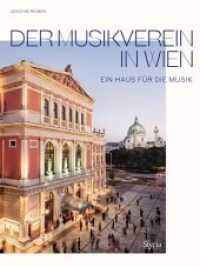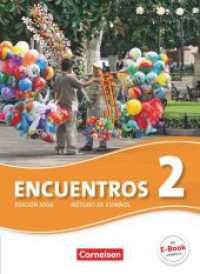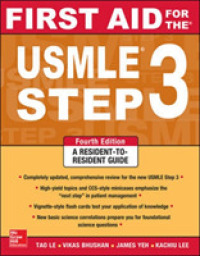Full Description
Upon winning the 2005 presidential election, Evo Morales became the first indigenous person to lead Bolivia since the arrival of the Spanish more than five hundred years before. Morales's election is the culmination of a striking new kind of activism in Bolivia. Born out of a history of resistance to colonial racism and developed in collective struggles against the post-revolutionary state, this movement crystallized over the last decade as poor and Indian Bolivian citizens engaged with the democratic promises and exclusions of neoliberal multiculturalism.
This ethnography of the Guaraní Indians of Santa Cruz traces how recent political reforms, most notably the Law of Popular Participation, recast the racist exclusions of the past, and offers a fresh look at neoliberalism. Armed with the language of citizenship and an expectation of the rights citizenship implies, this group is demanding radical changes to the structured inequalities that mark Bolivian society. As the 2005 election proved, even Bolivia's most marginalized people can reform fundamental ideas about the nation, multiculturalism, neoliberalism, and democracy.
Contents
Table of Contents: Acknowledgments List of Acronyms Introduction: Neoliberal Multiculturalism in Bolivia Part One: The Indian Question 1. Regimes of Race and Citizenship 2. An Indigenous Federation in Boomtown Santa Cruz 3. A Crisis of Leadership in Bella Flor Part Two: Citizenship in Neoliberal Bolivia 4. Multiculturalism and the Law of Popular Participation 5. Forming Neoliberal Subjects: NGOs and "Responsible" Self-government 6. Popular Protagonism Since 2000 Conclusion: Towards a Post-Multicultural Bolivia End Notes References Cited








